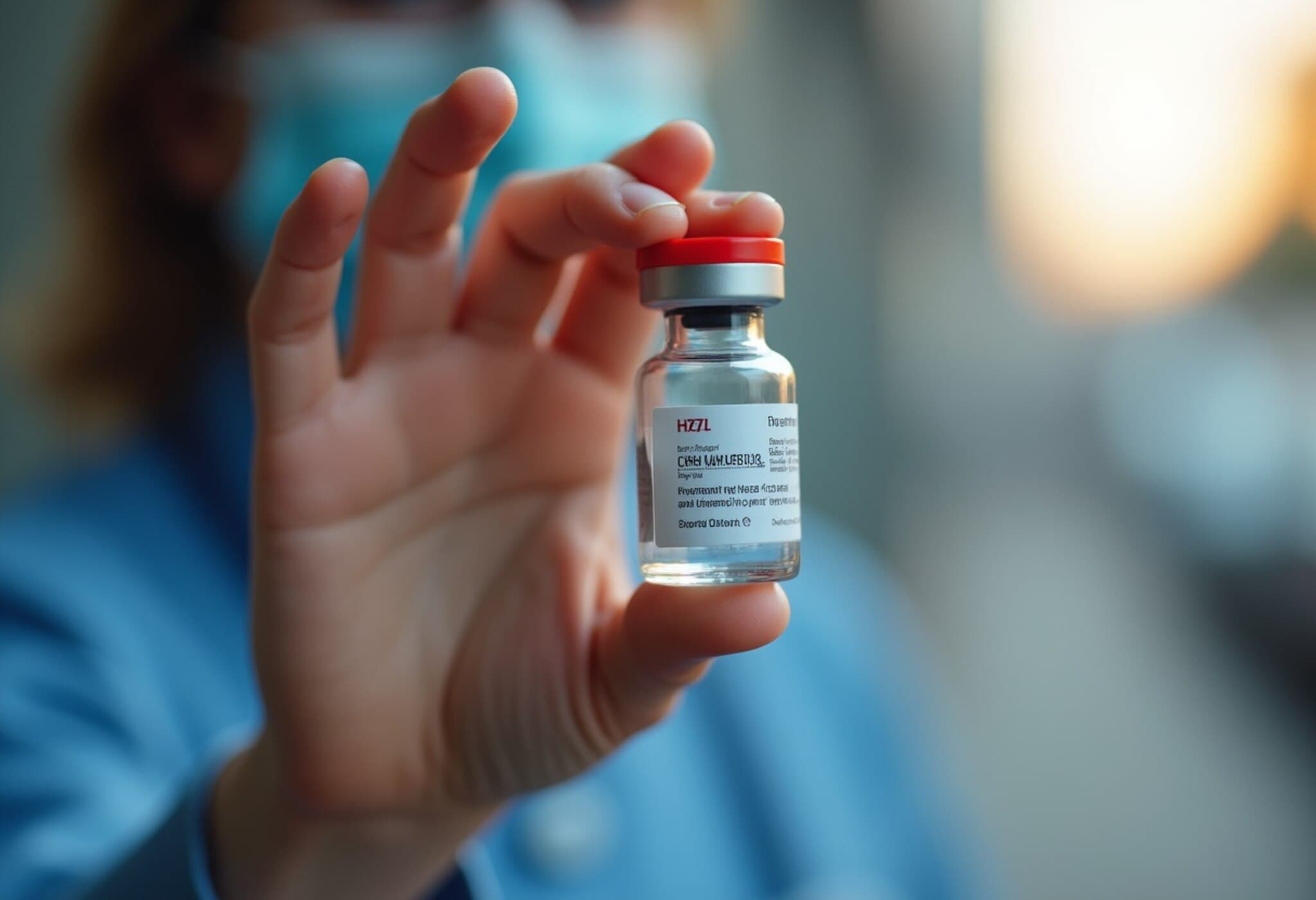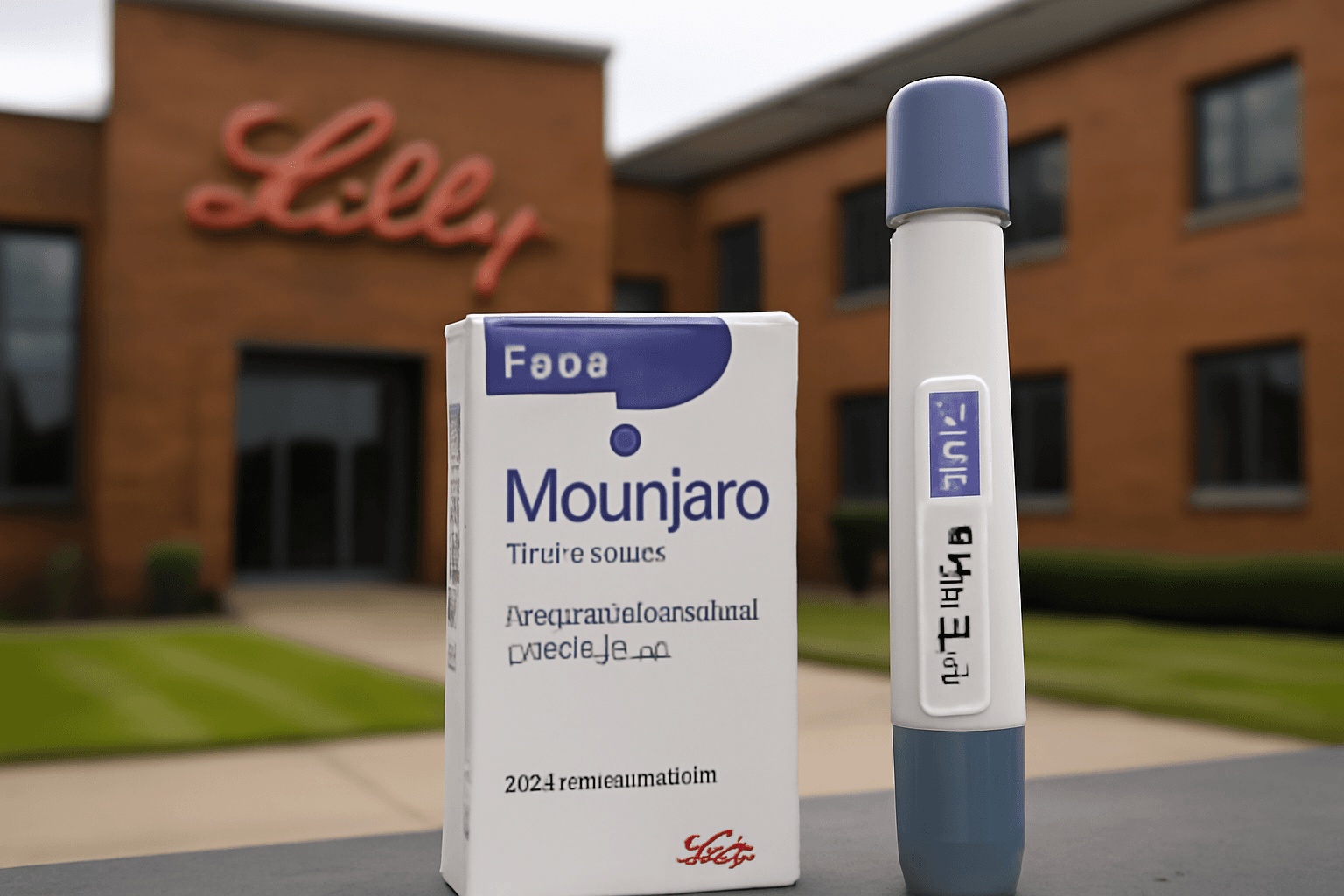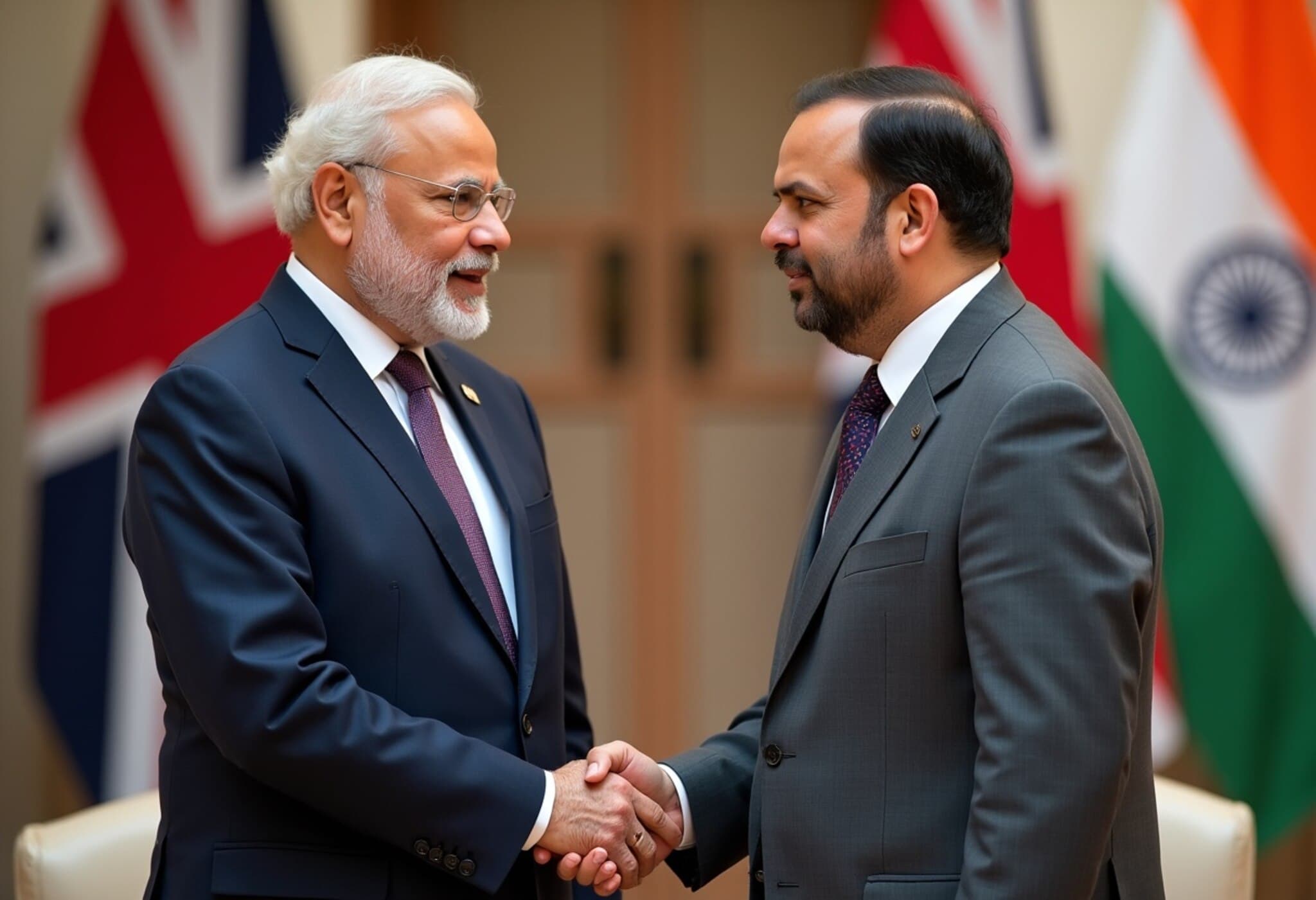COVID-19 Pandemic Linked to Accelerated Brain Ageing, Study Reveals
Amid the ongoing conversation about the far-reaching effects of the COVID-19 pandemic, a groundbreaking UK study has unveiled a striking neurological impact: brain ageing increased by an average of 5.5 months across adults during the pandemic period. This acceleration was observed regardless of whether individuals contracted the virus, signaling the profound psychological and social toll the pandemic has imposed on brain health.
Unpacking the Research: Methodology and Results
Researchers from the University of Nottingham conducted a comprehensive analysis involving brain scans of nearly 1,000 adults both before and after the pandemic onset. Leveraging advanced AI algorithms trained on over 15,000 MRI scans from the UK Biobank, the team was able to quantify the ‘brain age gap’—the difference between a person’s chronological age and the biological age of their brain.
Participants were divided into two groups: a control set with scans taken solely before the pandemic, and a 'Pandemic' group with scans spanning before and after the pandemic began. The latter exhibited a 5.5-month greater increase in brain age compared to the control group, highlighting an unusual acceleration in brain ageing.
Who Was Most Affected?
Closer inspection revealed that this effect hit certain demographics harder:
- Older adults showed more pronounced brain ageing.
- Men were disproportionately affected compared to women.
- Individuals from socioeconomically disadvantaged backgrounds, including those with lower income, education, and unemployment, experienced greater ageing effects.
Interestingly, while overall brain ageing accelerated for many, cognitive symptoms such as “brain fog” and difficulty focusing manifested predominantly in individuals who had contracted COVID-19. This nuance suggests that brain ageing alone may not directly produce noticeable cognitive symptoms absent viral infection, emphasizing the complex interplay of biological and environmental factors.
Understanding the Broader Implications
Lead author Ali-Reza Mohammadi-Nejad highlighted the unexpected nature of the findings: “Even people who hadn’t had COVID showed significant increases in brain ageing rates, underscoring how the experience of the pandemic itself—through isolation, uncertainty, and stress—may have taken a toll on brain health.”
Professor Dorothee Auer, senior author and neuroimaging expert, noted that brain health reflects not only direct illness but also broader environmental conditions. “The pandemic strained lives across the board, especially those already disadvantaged. While we don’t yet know if these changes are reversible, the possibility that they are offers hope.”
Policy Considerations: Tackling Brain Health Inequality Post-Pandemic
This research arrives amid growing awareness of how socioeconomic factors influence health outcomes. The pronounced vulnerability of disadvantaged groups to accelerated brain ageing strongly signals a need for targeted public health policies and community support programs that:
- Address inequities in access to healthcare, education, and social services.
- Provide mental health resources aimed at mitigating effects of isolation and stress.
- Support cognitive rehabilitation and lifelong brain health initiatives.
Given that the pandemic widened pre-existing disparities, experts advocate urgent action to prevent long-term neurological consequences becoming yet another dimension of inequality.
Future Directions and Research Questions
While the study provides robust evidence of accelerated brain ageing linked to pandemic-related factors, several critical questions remain:
- To what extent is this brain ageing reversible with interventions or as societal conditions improve?
- How do these brain changes translate into real-world cognitive function over time?
- Can policies reduce future vulnerability in marginalized communities facing public health crises?
Understanding these dimensions will be vital as societies worldwide grapple with the ripple effects of the pandemic on mental and cognitive well-being.
Editor’s Note
The University of Nottingham's findings underscore a sobering reality: the COVID-19 pandemic’s impact extends well beyond infection, touching the very fabric of brain health through mechanisms of stress, social isolation, and inequality. Their research serves as a clarion call for multidimensional strategies—medical, social, and economic—to foster resilience in brain health post-pandemic. For American readers and policymakers, the study offers a mirror reflecting national challenges around healthcare access and mental wellness exacerbated by the pandemic. As recovery efforts continue, prioritizing cognitive health equity will be paramount to mitigate a silent epidemic of accelerated brain ageing.



















